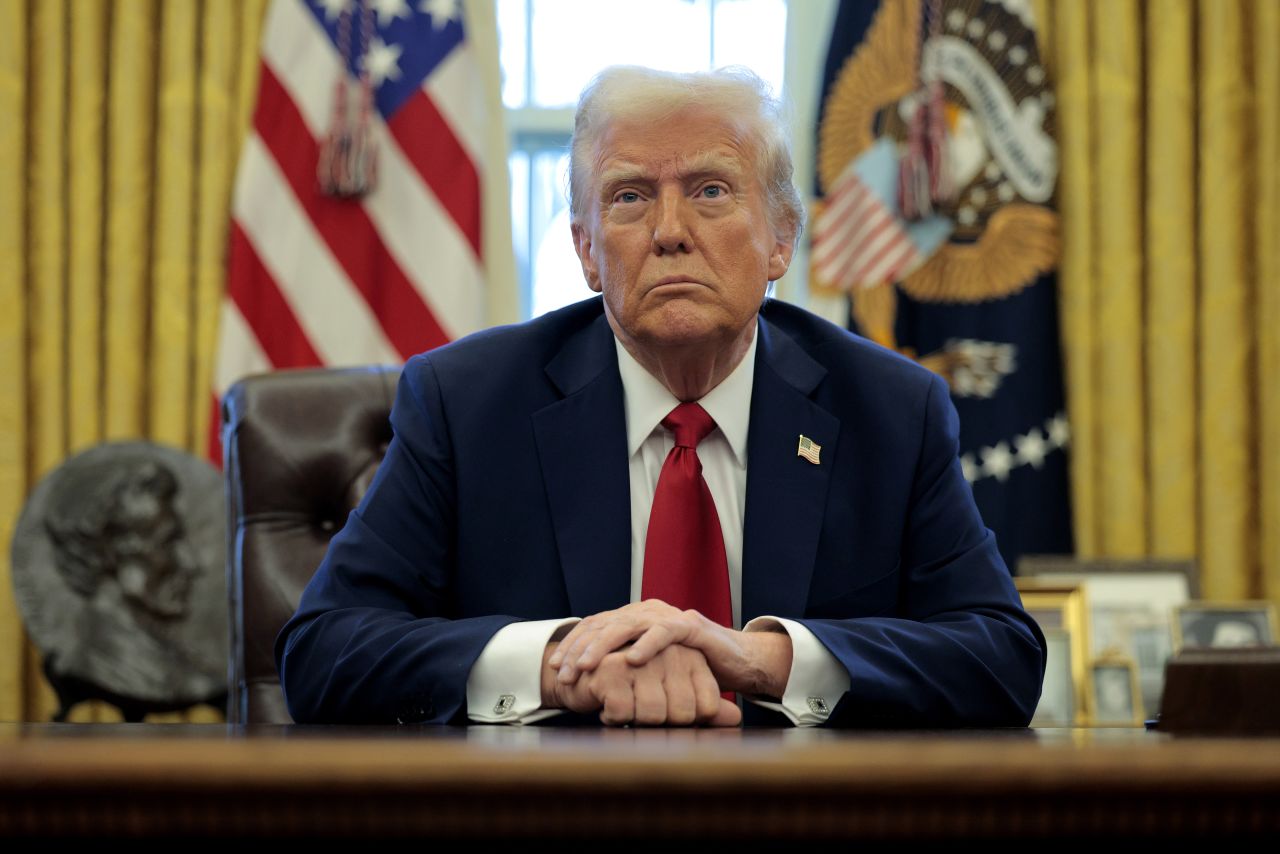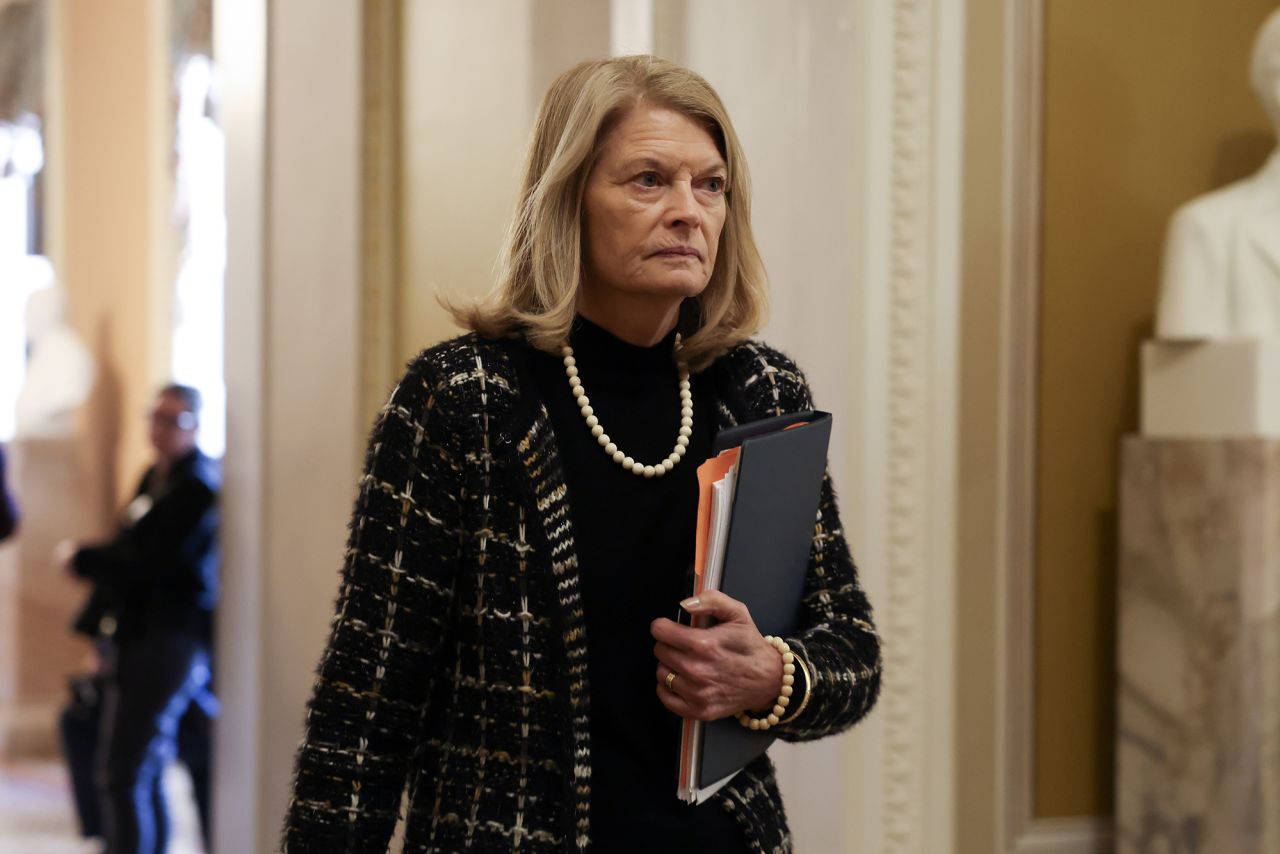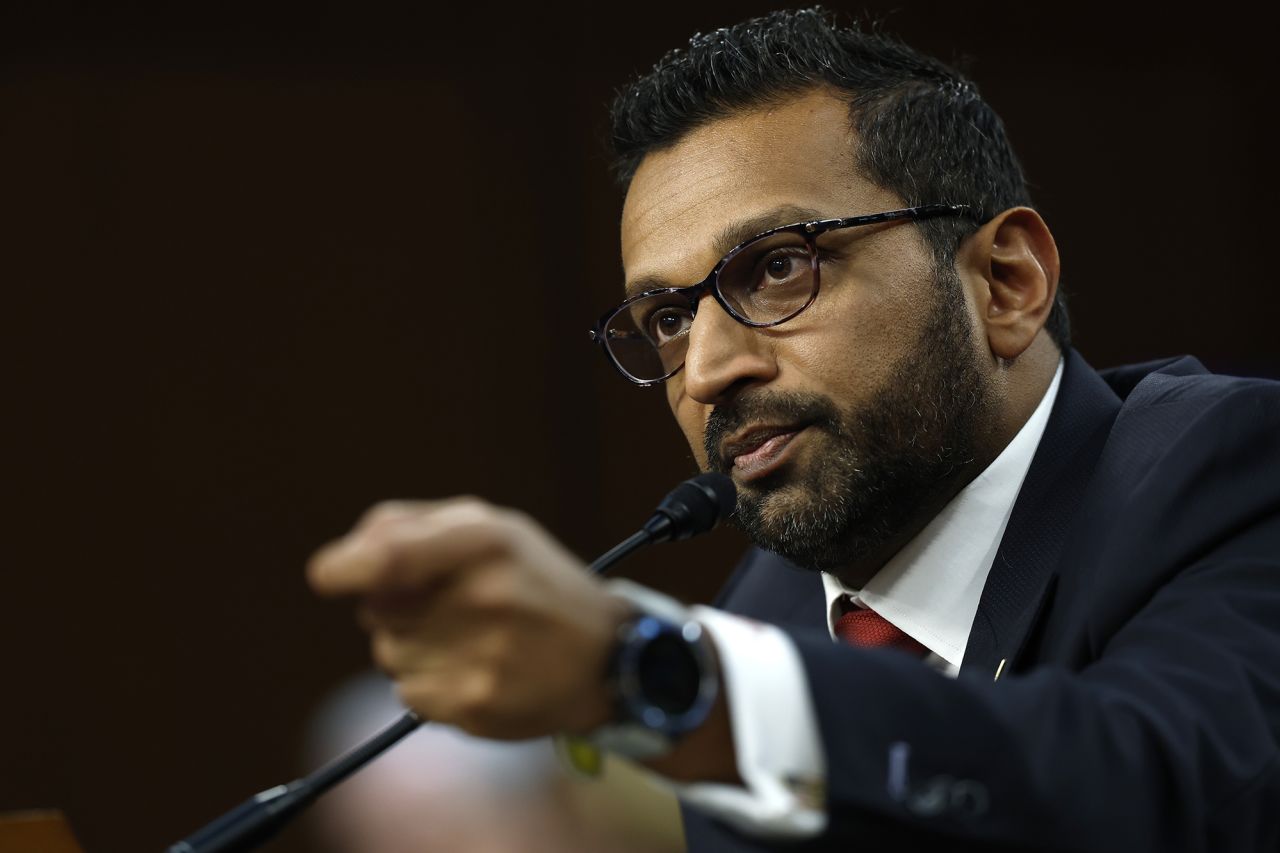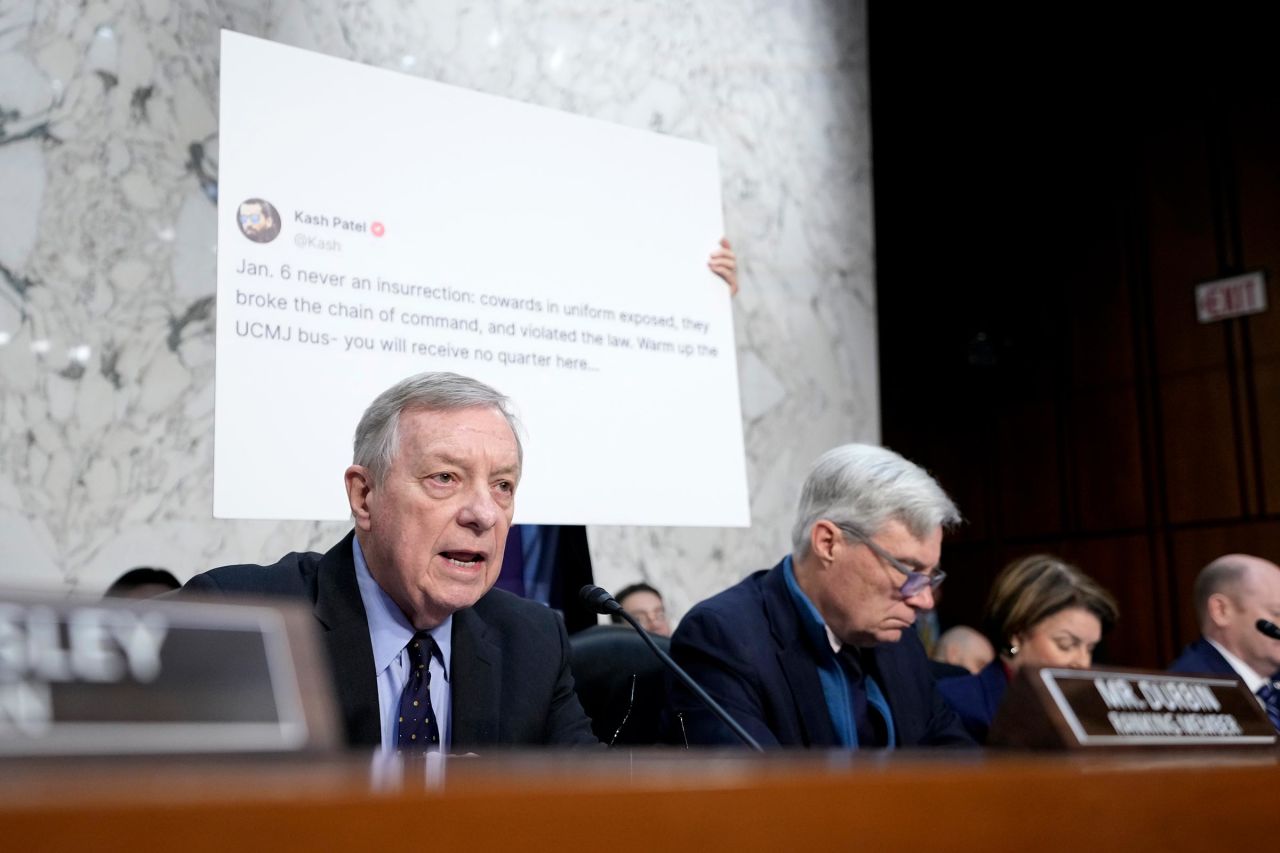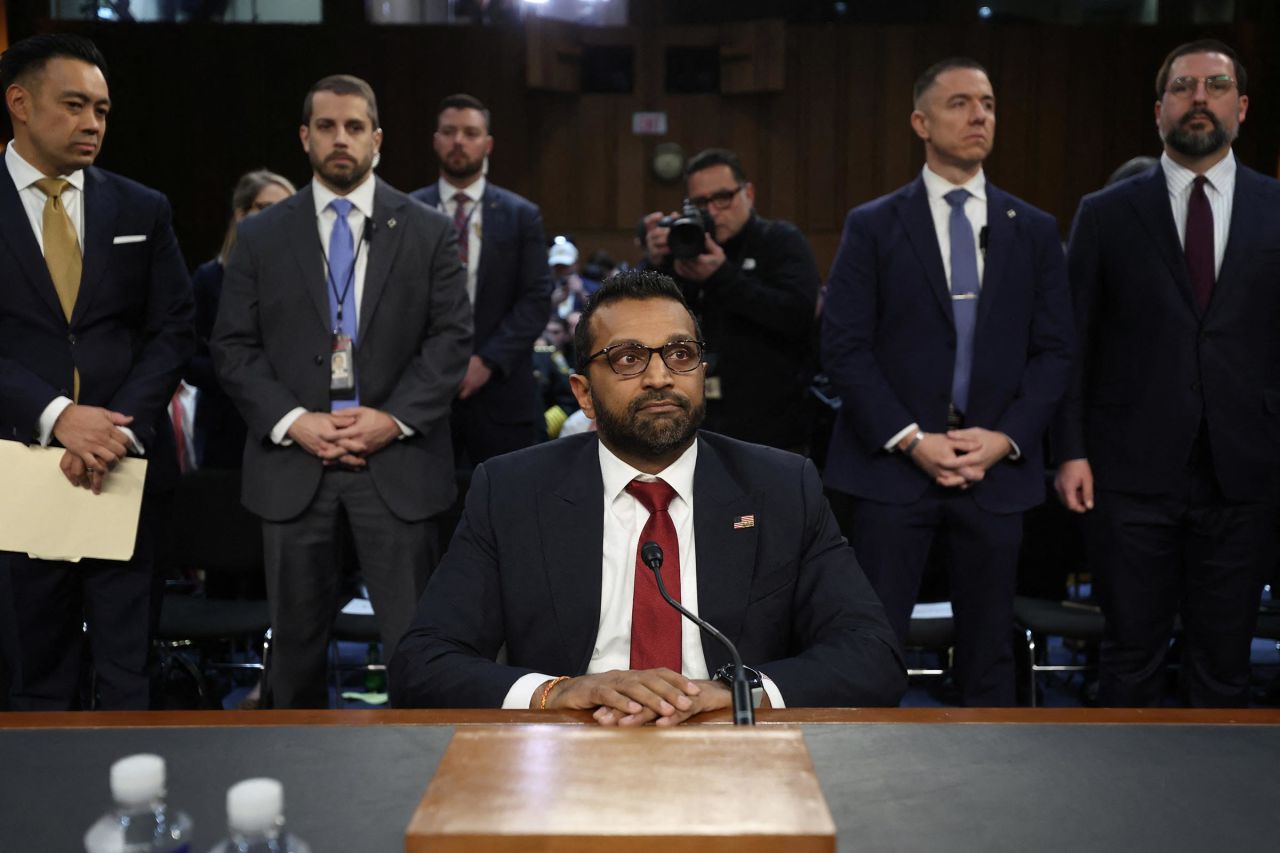Gabbard told the Senate Intelligence Committee on Thursday that she did not meet with members of Hezbollah on a trip to Lebanon in 2017, calling it an “absurd accusation.”
For weeks, a small group of Republican and Democratic Senate staff and lawmakers have quietly discussed how to handle a piece of raw intelligence that seemed to suggest that Gabbard may have met with affiliates of the Iran-backed militant group during her 2017 visit to Syria, which sparked controversy over meetings she held with Syria’s then-President Bashar al-Assad.
The intelligence, which was described to CNN by multiple sources familiar with its contents, was far from conclusive. It included a series of communications intercepted at the time of her trip in which Gabbard was mentioned; Gabbard herself was not the target of the surveillance.
Lawmakers and staff had grappled with how seriously to take the reports – and whether they should even be addressed during Gabbard’s confirmation process. The intelligence, after all, could be wrong.
The New York Times reported the existence of the intelligence intercepts earlier this week.
Sen. Susan Collins, seen as a potential wobbly Republican vote for Gabbard, asked her directly: “There has been speculation in the press that you met with Hezbollah, a terrorist organization affiliated with Iran have you ever knowingly met with any members, leaders or affiliates of Hezbollah?
“No, and it is an absurd accusation,” Gabbard said, and Collins moved on.
When US intelligence officials first intercepted communications in 2017 suggesting an American citizen may have met with members of Hezbollah, they didn’t know the identity of the American, sources familiar with its handling told CNN.
US intelligence agencies aren’t allowed to spy on American citizens, so it was only later, when senior Trump administration officials ordered the citizen’s identity to be revealed did they learn it was Gabbard, who at the time was a sitting member of Congress. It was never determined whether Gabbard had in fact met with anyone affiliated with Hezbollah.
However, the raw reports were concerning enough that they were circulated at top levels of then-President Trump’s national security council. For years, officials kept access to them extremely limited, sources tell CNN.
But after Trump tapped Gabbard to be his top intelligence official, those same cryptic reports started to make the rounds among a small group of senators and staff on Capitol Hill responsible for scrutinizing Gabbard’s nomination.












